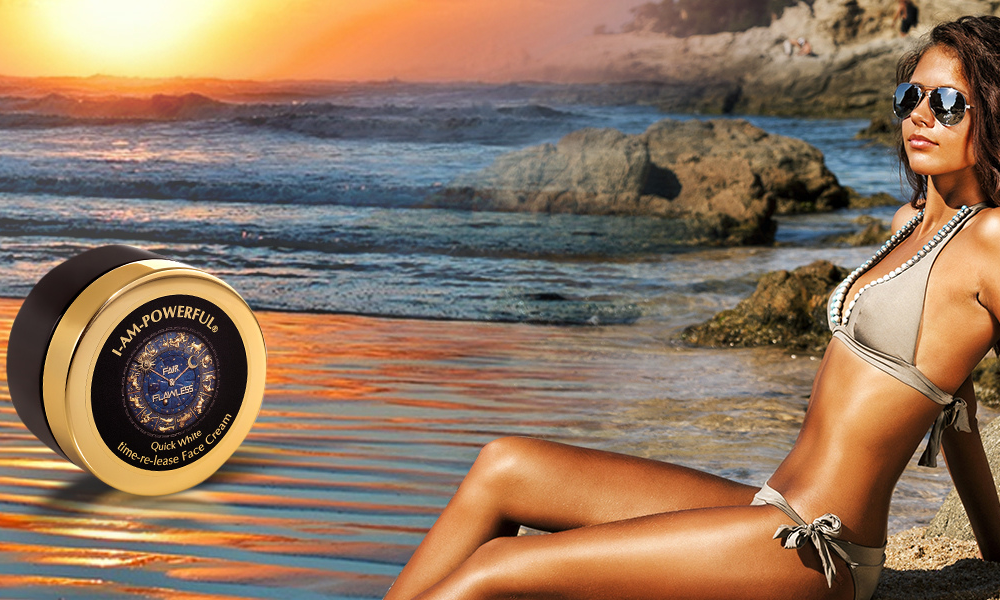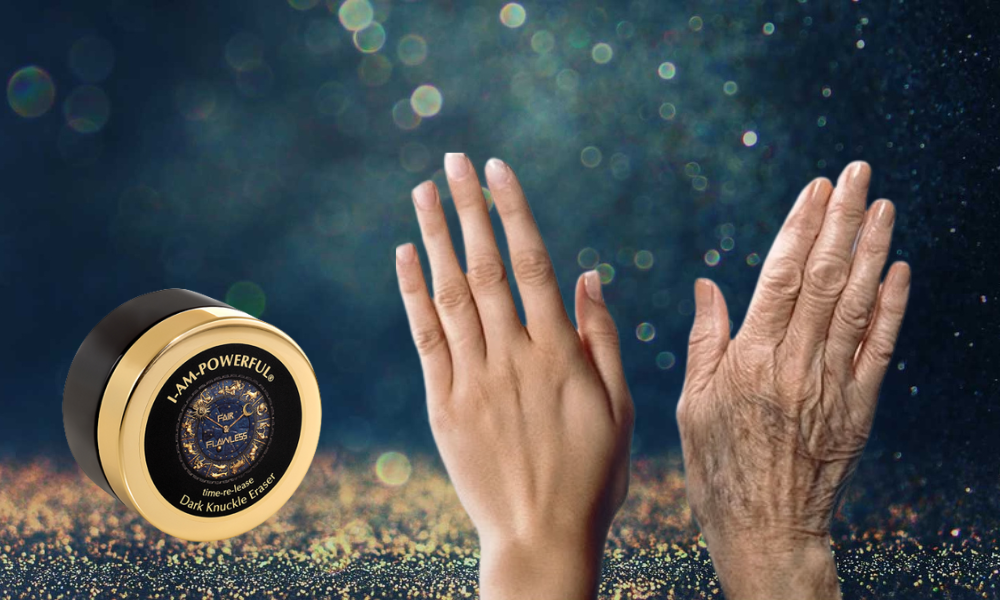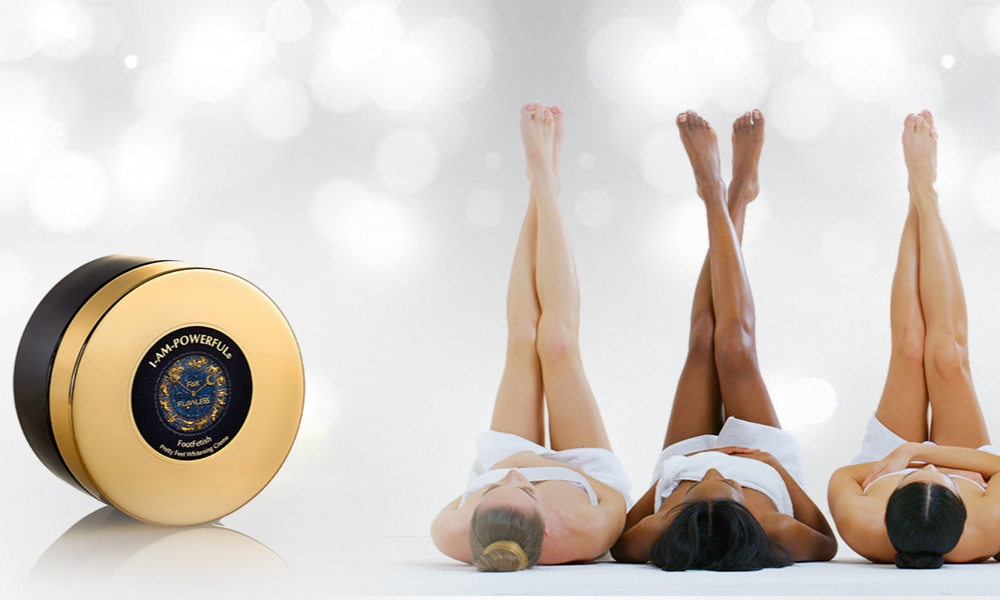Is The Sun Causing Pigmentation On Your Skin?

Most people know that spending time in the sun will affect the color of their skin. This change in color is your body’s way of defending itself against the damaging ultraviolet rays of the sun. Depending on the amount of melanin in your skin, you could get tan or you could burn.
Whether you get a golden tan or you get as red as a lobster, the effects of the sun can be devastating on your skin. Those ultraviolet rays can cause dark spots, premature aging and skin cancer.
How the Sun Affects Your Skin
Why does the sun change the color of your skin, anyway?
The sun contains powerful ultraviolet rays, and those rays can damage your DNA. The melanin in your skin protects your skin from the rays of the sun by stopping those UV rays from damaging your skin cells. The more melanin you have, the darker your skin becomes. For that reason, people who have more melanin in their skin tend to tan, and those with less melanin tend to burn, when exposed to the sun.
Whether you tan or burn, the sun can still do serious damage to your skin. The more your skin is exposed to the sun, the more the fibers in your skin (elastin) are damaged. As a result, sun exposure can lead to:
- Pre-cancerous and cancerous skin lesions
- Benign tumors
- Wrinkles
- Freckle
- Discoloration of the skin (sun spots)
- Elastosis, or damage to elastic and collagen tissues
What Increases Exposure to UV Rays?
While wearing sun block is an excellent way to protect your skin from the sun, sometimes, it’s not enough. There are things that can increase your skin’s sensitivity to the sun, such as:
- Medications – Certain medications, including antihistamines, acne treatments and antibiotics can increase your skin’s sensitivity to the sun.
- Food – Some foods can also increase your skin’s sensitivity to the sun, including dill, celery, citrus fruits, parsnips and artificial sweeteners.
- Essential oils – The chemical makeup of some essential oils can cause increased sensitivity to the sun. Angelica, anise, bitter orange, ginger and lavender can increase the damaging effects of the sun.

How to Protect Your Skin
You don’t have to stay inside to avoid damaging your skin from the sun. There are ways that you can protect your skin from sun exposure so you can enjoy being outside.Apply sunscreen 20 minutes before going in the sun. Reapply every 2 hours to ensure that your skin is properly protected
Wear long sleeves, pants and hats that shade your face to block out the sun’s rays.
Carry an umbrella to shade yourself from the sun.
Should you suffer a sunburn and you start seeing signs of sun damage, there are products that you can use to reverse the damage. Fendel Skincare’s Advanced Pigmentation Reducing Tonic and SepiWhite Face Whitening Gel-Fluid, for example, are two powerful products that can reduce dark spots and excessive pigmentation in your skin that can be caused by sun exposure.
Taking the proper precautions and using products to treat your skin after sun exposure can help to keep your skin protected from the damage that the sun can cause to your skin.










